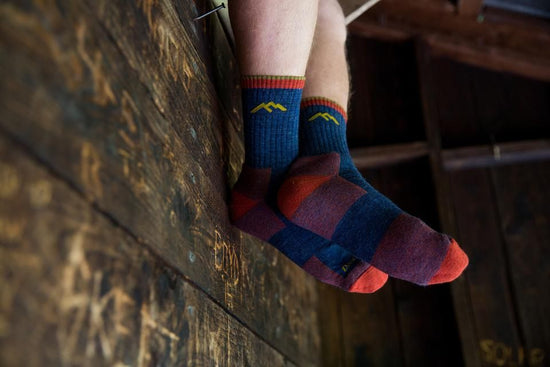Over the years, the number of black bears in the Delaware Valley and many other areas throughout the United States has grown, and as more people move into bear habitats, encounters between bears and people have risen. While most of us will never encounter a bear in our yards or on our walks, it is good to know how to act in the event you come across one of these awe-inspiring animals.
Whether you live in bear country or are just visiting, securing your trash and food will keep bears from being tempted to wander into your yard or campground. Bears have acute eyesight and hearing, and their sense of smell is said to be even keener than that of a bloodhound. These senses give black bears the ability to detect pet food, barbecue grills, garbage, compost piles, and other unattended sources of food at a long range and this is what entices them to venture into areas populated by the humans they normally avoid.
If you suspect there are bears in the area, make some noise as you walk so they know you are nearby. But remember, while a bear’s sense of smell and its sense of hearing are quite exceptional, both senses are hampered if you are walking upwind into a stiff breeze toward a bear. I have had the experience of rounding the bend in a trail while walking into a strong, autumn wind only to find myself suddenly closer to a foraging bear than I would have preferred. Fortunately, the bear was more surprised than I was and ran off into the brush so fast that it was a bit comical.
If you see a black bear, make it aware of your presence by clapping, talking, or making other noise to let the bear know you are nearby. Never approach the animal, don’t crouch down, and, most of all, do not turn and run. Running away might make you look like prey, and black bears can outrun you, out climb you, and they are excellent swimmers.
If the bear doesn’t just walk away after it knows you are nearby, remain standing, avoid direct eye contact, and back up slowly while saying something like “Go away bear” in a calm, assertive voice. You should also slowly raise and wave your arms to make yourself look as big as possible, make sure your dog is on a leash, and bring all children in close to you.
You can tell a lot about your situation from how a bear is reacting to your presence. If the bear makes a series of huffing sounds, starts making popping noises by snapping its jaws, or swatting the ground, it means it feels you are way too close. If the bear stands on its hind legs or moves a little closer, it may be attempting to get a better view or pick up scents in the air. This is done out of curiosity and is not, usually, a threatening behavior.
Black bears will sometimes make a short “bluff charge” when cornered, threatened or attempting to steal food. Once again, stand your ground, avoid direct eye contact by looking to the side over the bear's shoulder. Then slowly back away. Always making sure that the bear has an easy escape route.
Although black bears are naturally afraid of people and, in almost every case, will flee once they know you are nearby. They have, on rare occasions, attacked humans. Because of this you may decide it is a good idea to hike with a canister of pepper spray such as Halt or Dog Shield on your belt (not in your pack where it is hard to get in an emergency). These sprays are made from hot (Capsaicin) peppers and will temporarily make the bear's eyes tear up and cause a burning sensation. It is very effective at preventing an attack when a bear is getting aggressive. It will also be good to have in case of a dog attack or threatening behavior by other creatures. But be sure and learn how to use it before it becomes a necessity.
In the incredibly rare event that a black bear does start to attack and in the even more incredibly rare event that it is not deterred by bear spray, then it is time to fight. Yell, grab a rock or something to use as a club, and aim for the bear’s nose or eyes.
You are in far more danger of being struck by lightning or seriously wounded by a dog than being attacked by a black bear. However, knowing what to do when you come across one of these magnificent animals can make the encounter into an exciting memory instead of a nightmare. To quote Benjamin Franklin: “An ounce of prevention is worth a pound of cure.”




